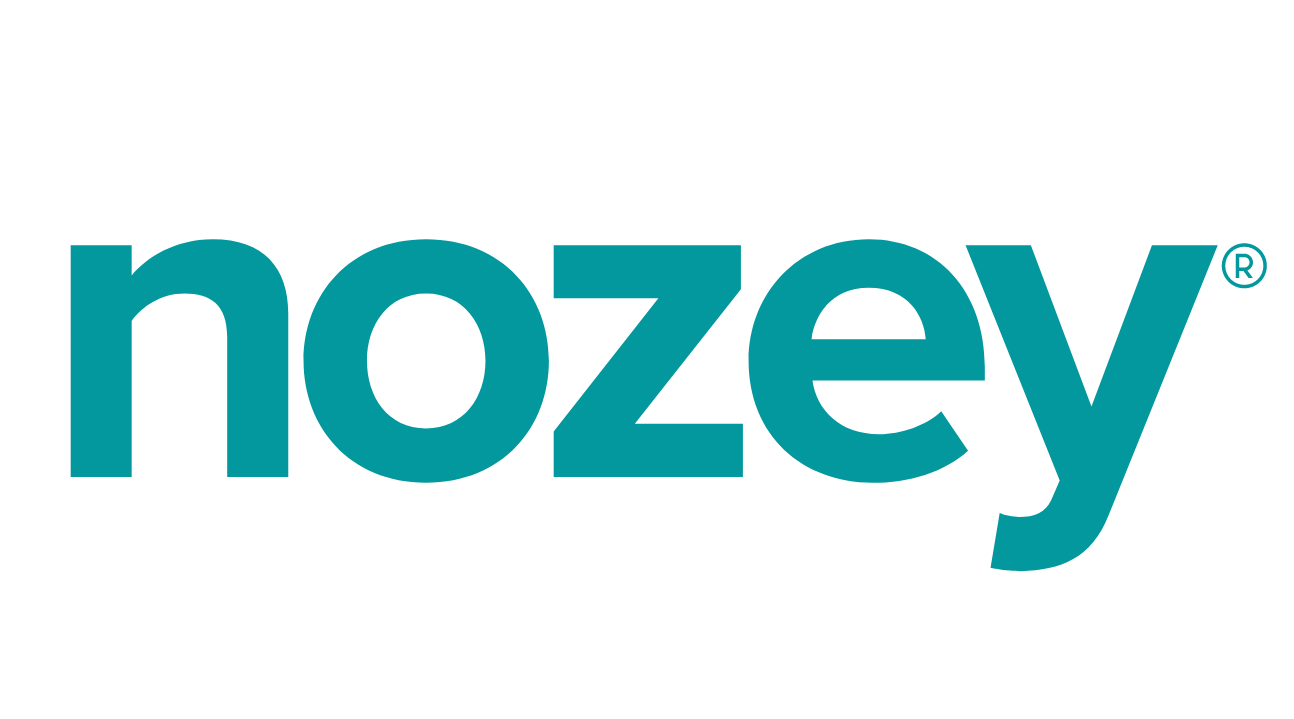
Myths vs. Facts: Nasal Health
Debunking Common Misconceptions About Nasal Health
Nasal health isn't just about dodging the common cold; it's a cornerstone of your overall well-being. Despite its importance, numerous myths continue to cloud our understanding. Let's shine a light on these myths and replace them with facts.
The Importance of Nasal Health
Before we dive into common myths about nasal health, it's essential to recognize the significance of the nose in our lives. This incredible organ does more than allow us to enjoy the aroma of a freshly baked cake or the scent of a rose. It serves as an air filter, regulates humidity for the respiratory system, and significantly affects our senses of taste and smell. In essence, understanding nasal health is pivotal for dismantling myths that can steer you in the wrong direction.
Myth 1: Nasal Irrigation is Unnecessary

Fact: The Utility of Nasal Irrigation
While the idea of pouring water into your nose might seem a bit unconventional, nasal irrigation has proven to be a useful technique for managing sinus issues. It can clear the nasal passages of dust, pollen, and other irritants. Whether you suffer from chronic sinus infections, postnasal drip, or allergic rhinitis, nasal irrigation can offer relief. However, consult your healthcare provider to see if this treatment is appropriate for you.
Myth 2: Allergies are Solely Seasonal
 Fact: The Ever-Present Allergens
Fact: The Ever-Present Allergens
Think allergies are only an issue when flowers bloom or leaves fall? Think again. Allergies can be perennial, triggered by indoor allergens like pet dander, dust mites, and even certain foods. Recognizing the year-round potential for allergies can help you better manage symptoms and improve your quality of life.
Myth 3: Antibiotics are a Go-To for Sinus Infections
 Fact: The Bacterial Confusion
Fact: The Bacterial Confusion
When people experience sinus pain, they often assume that antibiotics are the miracle cure. However, a large majority of sinus infections are viral in nature, rendering antibiotics ineffective. In fact, unnecessary use of antibiotics can lead to antibiotic resistance, a significant public health concern.
Myth 4: Nosebleeds are Always Serious
 Fact: The Reality of Nosebleeds
Fact: The Reality of Nosebleeds
Though it may look terrifying, the vast majority of nosebleeds are harmless and easily treated at home. They can occur due to dry indoor air, nose picking, or even a minor bump to the nose. While you should consult a healthcare provider for frequent or heavy nosebleeds, occasional incidents are usually nothing to panic about.
Myth 5: Snoring is Harmless
 Fact: The Underlying Risks of Snoring
Fact: The Underlying Risks of Snoring
Sure, snoring might be the subject of many jokes, but it could signify underlying health problems like sleep apnea. Untreated sleep apnea can lead to a range of issues from hypertension to heart problems. If you or your partner snores consistently, it might be worthwhile to seek medical advice.
The Nose Knows
Getting the facts straight about nasal health can guide you toward better decisions, leading to a healthier life. By dispelling these myths, we aim to provide clarity, quite literally, about this vital but often overlooked part of your body.
